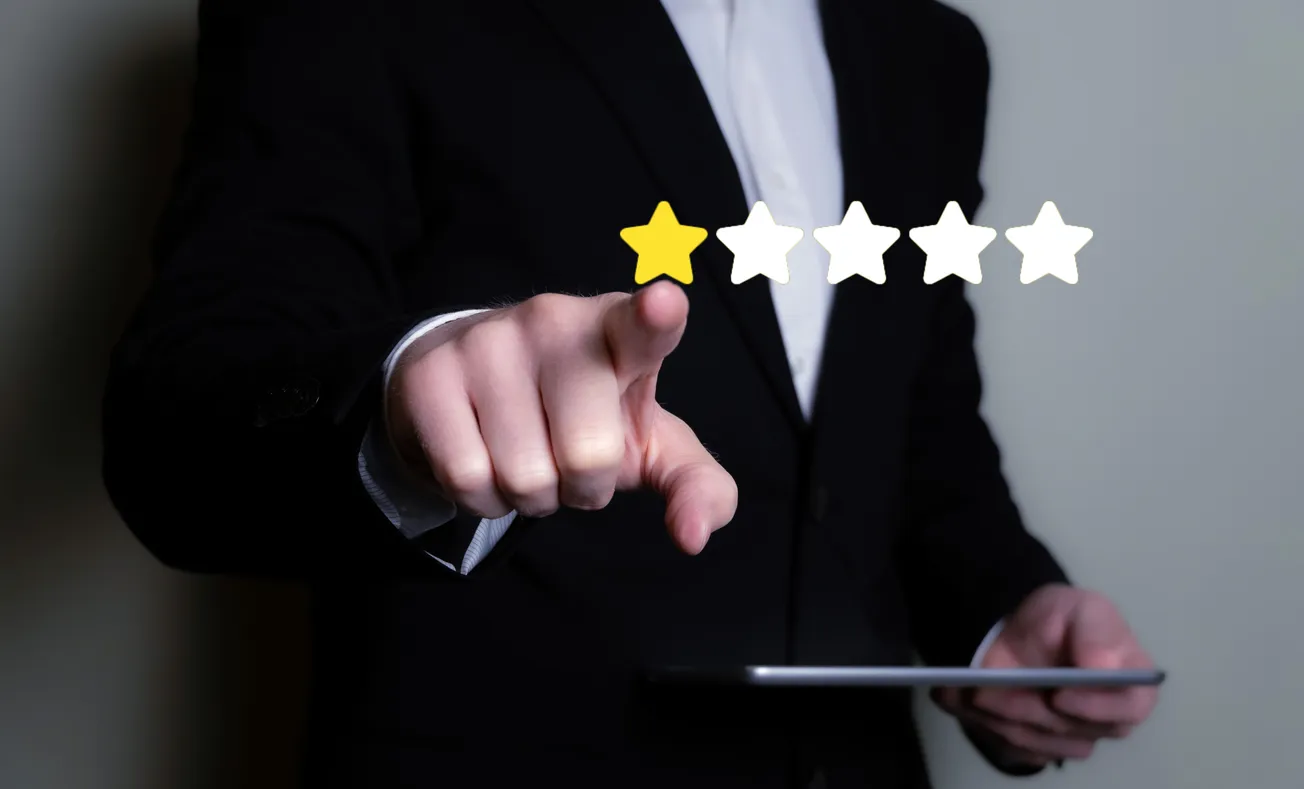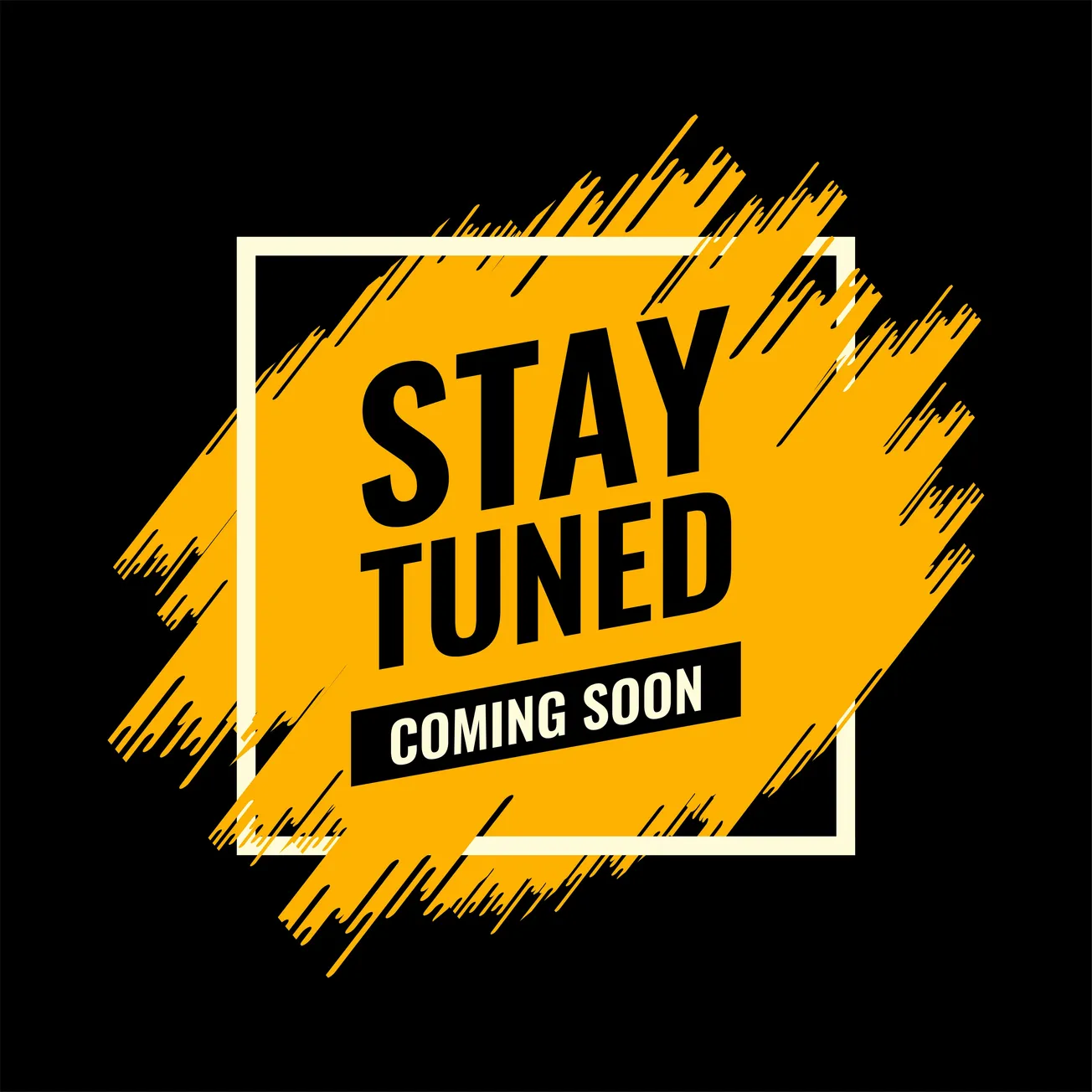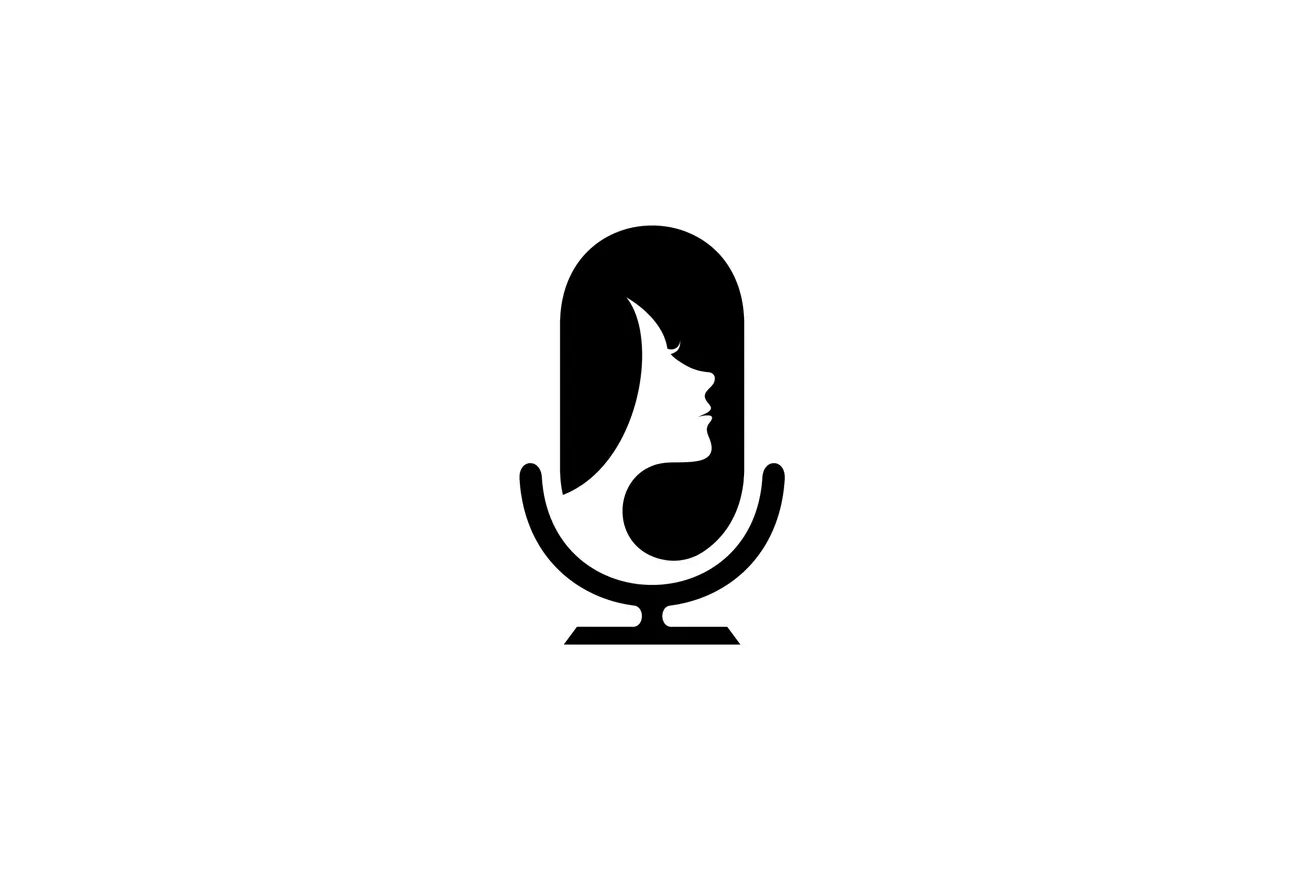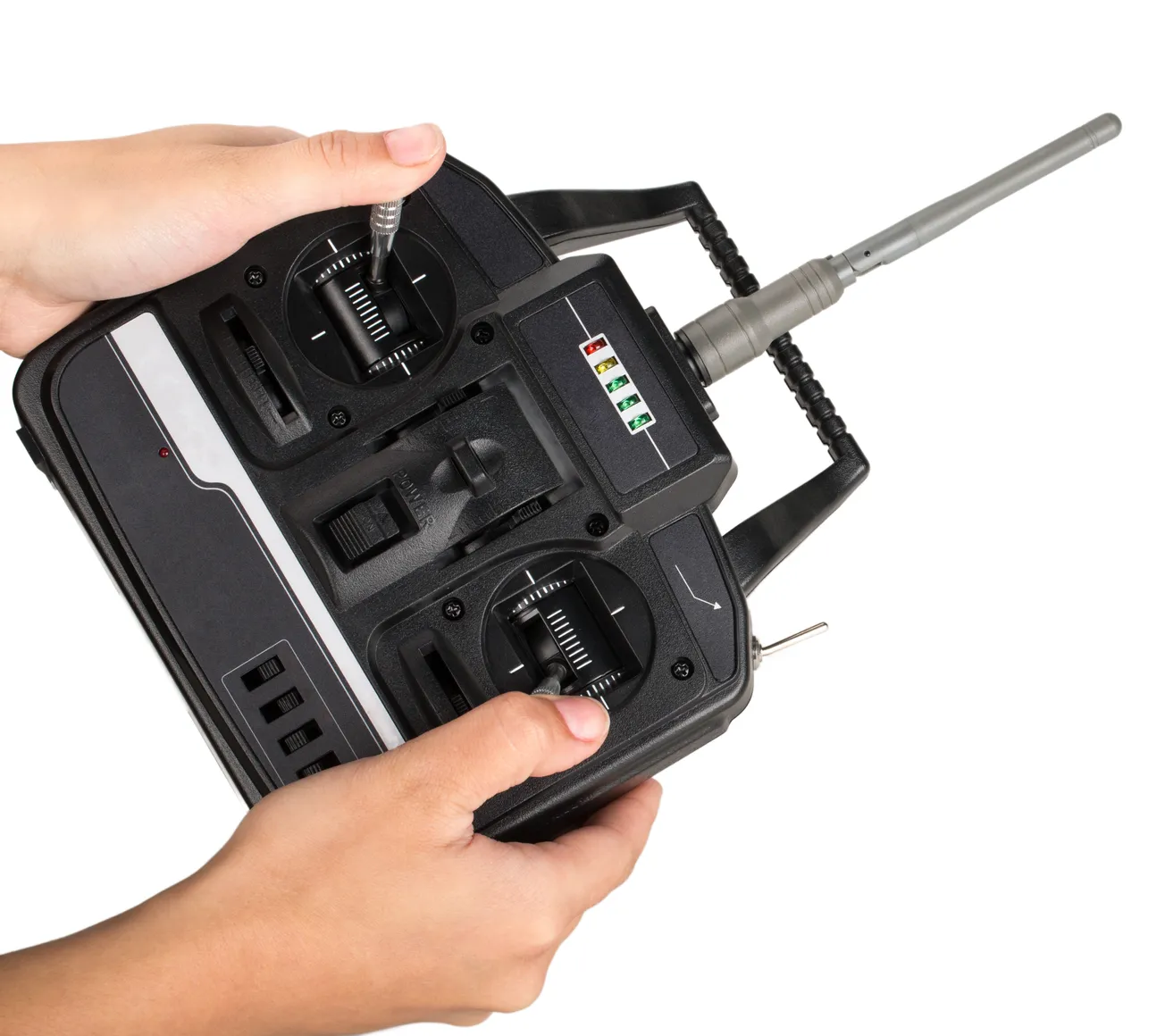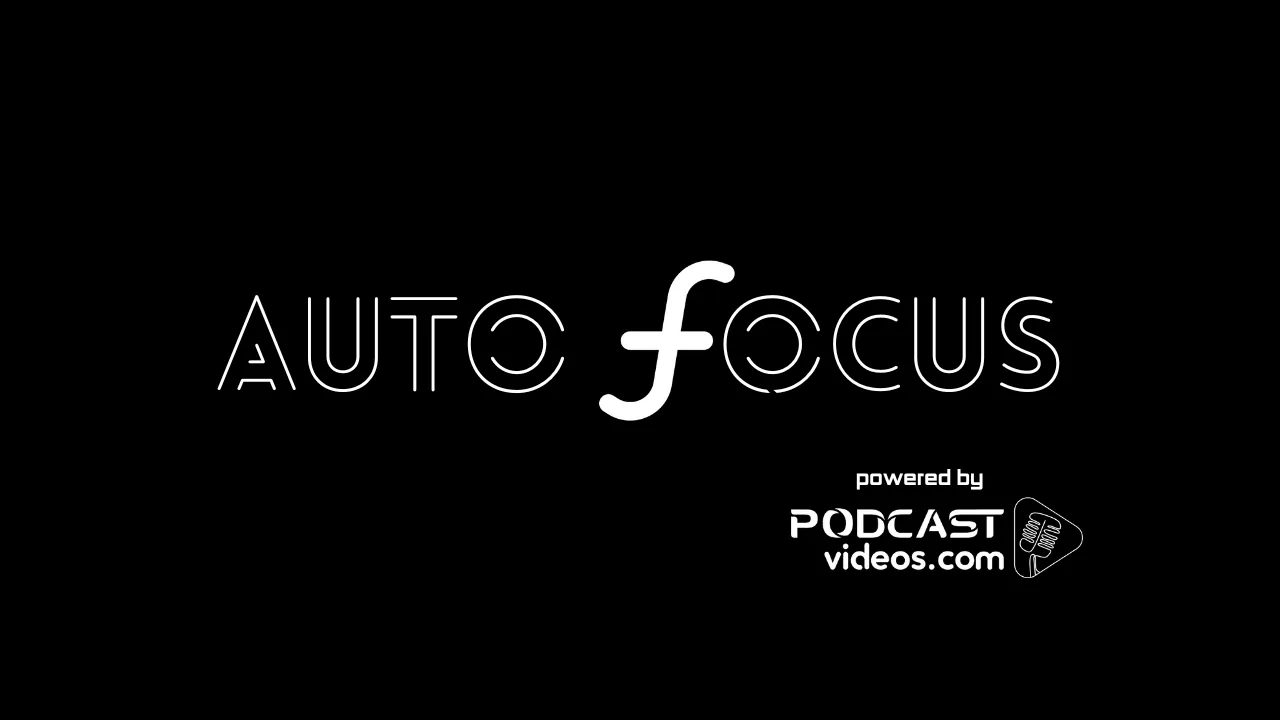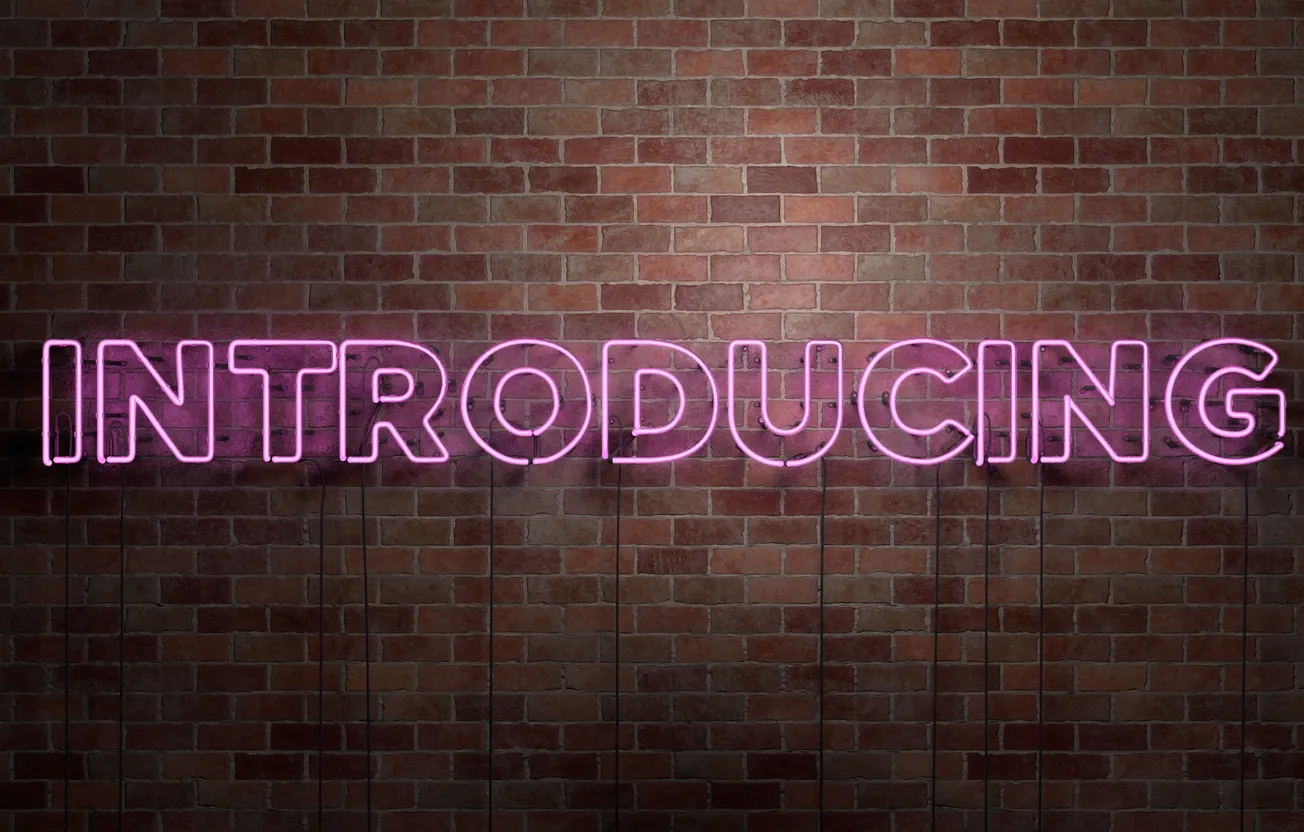Podcasting has emerged as a powerful medium for free expression, allowing creators to explore complex and controversial topics without the constraints of traditional media. However, with this freedom comes the responsibility of handling sensitive discussions carefully. When controversy arises, podcast hosts often face backlash from the public, regulatory bodies, or even government authorities. While public criticism can result in reputational damage, audience loss, and sponsor withdrawals, official responses can lead to censorship, fines, and legal consequences. Understanding the key differences between these types of backlash is essential for podcasters seeking to navigate controversial content effectively.
Public Backlash: The Court of Public Opinion
Public feedback often arises organically from listeners, social media communities, advocacy organizations, and corporate sponsors. This type of reaction is usually immediate, emotional, and driven by social and political sensitivities. Social media plays a significant role in amplifying outrage, with clips, quotes, and sound bites frequently taken out of context and shared widely. The resulting criticism can manifest as calls for boycotts, negative press coverage, or demands for content removal.
A notable example occurred when Call Her Daddy, a popular lifestyle podcast, experienced public scrutiny following a contract dispute between its hosts and Barstool Sports. Social media users quickly took sides, and the backlash led to one of the hosts leaving the show. Similarly, Australian sports personality Sam Newman faced intense criticism after featuring a well-known neo-Nazi on his podcast. Jewish advocacy groups and members of the public condemned the decision, leading to the loss of sponsorships and forcing Newman to clarify his stance.
Public outrage can sometimes lead to meaningful change. In 2012, Radiolab, a widely respected podcast, faced accusations of insensitivity when discussing the "yellow rain" incidents in Laos. The hosts were criticized for dismissing the perspectives of Hmong interviewees, leading to backlash from ethnic and human rights organizations. In response, Radiolab issued an apology and re-edited the episode to provide better context. Such cases demonstrate how addressing concerns transparently can help rebuild trust and credibility among listeners.
Podcasters facing public criticism have a range of options for managing their response. Some choose to acknowledge the backlash and offer clarifications or apologies, while others double down on their original stance, accepting the potential loss of audience support. Unlike official responses from governments, public opinion can shift over time, and a well-managed response can sometimes strengthen a podcast's reputation rather than diminish it.
Government and Regulatory Backlash: The Risks of Legal Repercussions
While public backlash can be damaging, official responses from governments and regulatory bodies pose a more serious threat to podcast creators, particularly in countries with strict media laws. Unlike public criticism, which operates in a decentralized manner, official backlash comes with enforcement power. Governments can fine, censor, or even imprison podcasters who violate national laws, particularly in countries where free speech is restricted.
One example of governmental action occurred in Brazil when the Flow Podcast host Monark suggested that Nazi parties should be legally recognized. While the comment sparked public outrage, the reaction from government officials was more severe. Politicians and legal authorities condemned the statement, and Monark was ultimately removed from the show. This case highlights how, in some countries, controversial statements can lead to legal and professional consequences.
In more authoritarian nations, government oversight of podcasting is even stricter. In China, political content is heavily censored, and podcasters who discuss topics such as democracy, human rights, or criticism of the Communist Party face swift removal from platforms. Some have been fined or subjected to surveillance, making it difficult to continue their work. Russia has also cracked down on political dissent in podcasting, with some creators being labeled as "foreign agents" or facing criminal charges for discussing anti-government views.
In contrast, democratic societies offer podcasters more legal protections, though regulatory scrutiny still exists. In the United Kingdom, for instance, health misinformation in podcasts has come under increasing examination. The Diary of a CEO, a podcast hosted by Steven Bartlett, was recently criticized for allowing guests to spread unverified medical claims. The BBC conducted an investigation and found an average of 14 harmful health claims per episode in several episodes that featured alternative medicine advocates. While Bartlett defended the need for diverse viewpoints, this incident demonstrates how podcasts in democratic countries can still face regulatory oversight, particularly in industries like health, finance, and politics.
The difference between public and governmental backlash is stark. Public outrage is often fueled by social media dynamics and can be reversed through dialogue and transparency. Governmental backlash, however, is typically more rigid and can have long-term legal consequences. In highly regulated countries, podcasters must be mindful of national laws, as violations can result in severe penalties that extend beyond losing sponsorships or audience members.
Navigating Controversial Content in Podcasting
Handling controversial topics in podcasting requires careful preparation, ethical consideration, and a well-planned strategy for responding to criticism. Podcasters should research their topics thoroughly, ensure that their discussions are balanced, and provide content warnings for sensitive material. Ethical considerations, such as avoiding harmful stereotypes and securing permissions when discussing private matters, are also essential.
When faced with public backlash, the best course of action often involves engaging with the audience in an open and transparent manner. Podcasters who acknowledge criticism and address concerns in good faith can sometimes turn negative feedback into an opportunity for growth. However, for those operating in more restrictive environments, navigating governmental scrutiny requires additional caution. Some podcasters take measures to protect themselves, such as using encrypted communication tools, self-censoring to avoid legal trouble, or moving their operations to countries with stronger free speech protections.
Regardless of the source of backlash, podcasting remains a dynamic and evolving medium that continues to challenge conventional media boundaries. Creators who approach controversial topics with responsibility and awareness can foster meaningful discussions while mitigating the risks associated with public and official criticism.


